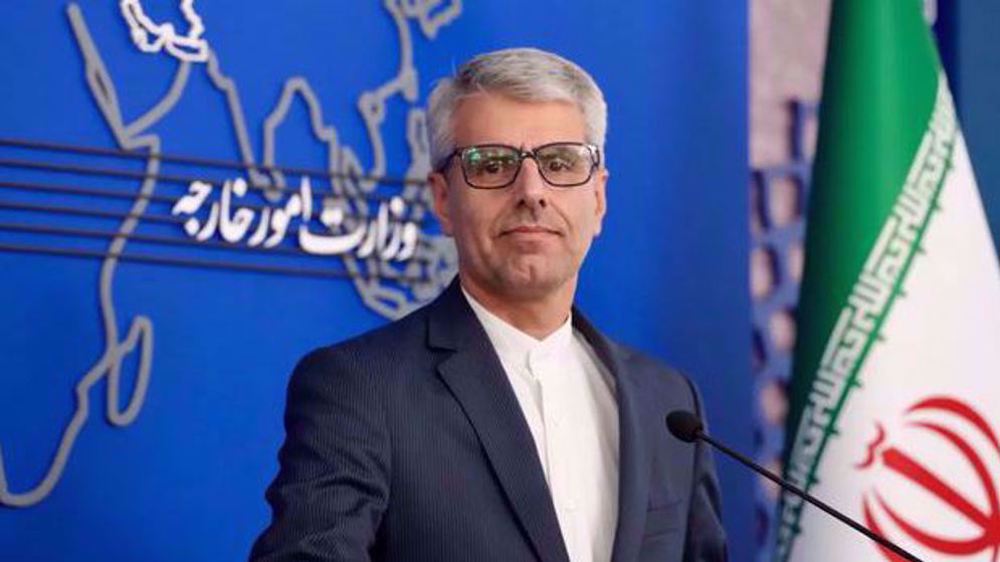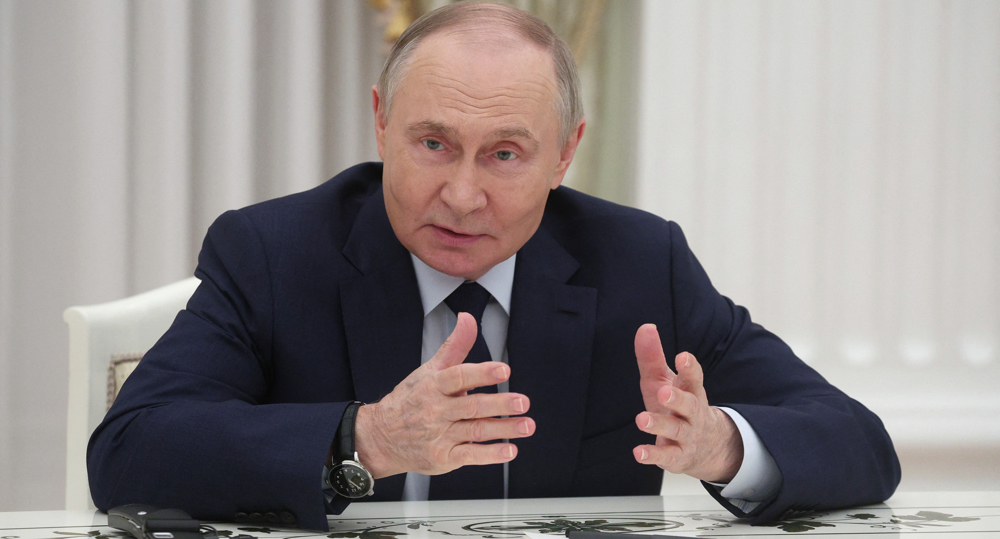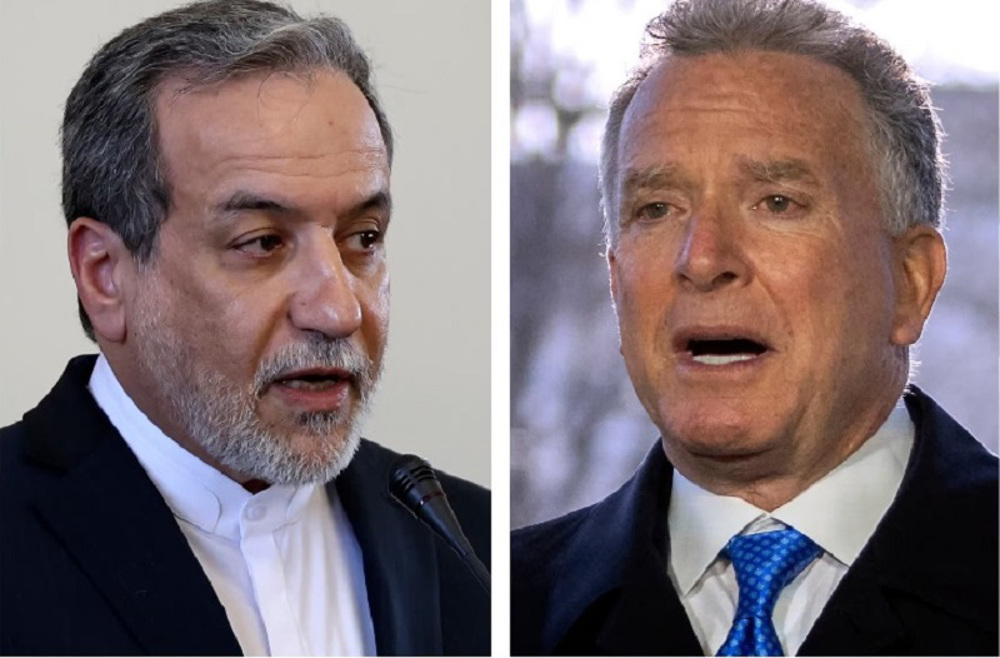Iranian parliament body to meet on US threats against nuclear deal: MP
A key Iranian parliamentary committee is to convene an extraordinary session later this week to discuss the measures to be taken in the face of possible US threats against the 2015 nuclear deal, a senior legislator says.
In a Wednesday interview with IRNA, Chairman of Majlis Committee on National Security and Foreign Policy Alaeddin Boroujerdi pointed to the lawmakers’ efforts to give an appropriate response to hostile US moves and threats against the deal, officially called the Joint Comprehensive Plan of Actions (JCPOA).
Boroujerdi noted that several parliamentary meetings have so far been held the issue, adding that ways to counter future US measures against the JCPOA have been drawn up in an “initial bill.”
The bill is mainly aimed at giving a “crushing response” to Washington, he added.
“On Saturday (July 29, 2017)…an extraordinary meeting will be convened with the presence of all the members of the National Security and Foreign Policy Committee in this respect,” he said.
The lawmaker argued that the JCPOA cannot be violated as it enjoys “strong international support” and added that other members of the UN Security Council oppose Washington’s “acts of sabotage.”
On Tuesday, the Republican-controlled US House of Representatives voted overwhelmingly to impose new sanctions against Iran, Russia and North Korea.
The bill, which must be passed by the US Senate before it can be sent to the White House for President Donald Trump to veto or sign it into law, targets North Korea and Iran over their ballistic missile programs as well as Russia concerning its alleged meddling in the 2016 US election and the reintegration of the Black Sea Crimean Peninsula.

Iran has repeatedly argued that the new US sanctions against Iran are in violation of both the letter and spirit of the JCPOA.
“With any uncalculated measure, the Americans further isolate themselves,” he said.
On Thursday, Ali Akbar Velayati, a member of Iran’s JCPOA supervisory body, warned that Tehran is considering “all options on the table” against the US.
“We have all the options before us, and will make appropriate and firm decisions,” Velayati said in a TV talks show.
“We have a free hand in different areas, in a way that we could take actions indicative of our growing nuclear power without violating the JCPOA,” he added.
The Iranian official noted that the US will not be able to revive its “waning influence in the region” through such threats.
On Wednesday, Iranian President Hassan Rouhani denounced the US House of Representatives’ fresh sanctions against Iran, saying the Islamic Republic would “definitely” give a proportionate response to the hostile move.
The draft sanctions law comes while the Trump administration only recently certified to Congress for a second time since taking office in January that Iran was complying with the nuclear accord.
The JCPOA was inked between Iran and the P5+1 countries — namely the US, Russia, China, France, Britain, and Germany — in July 2015 and took effect in January 2016.
Under the deal, which was later endorsed by a UN Security Council resolution, limits were put on Iran’s nuclear activities in exchange for the removal of all nuclear-related bans imposed on the Islamic Republic, among other things.
The Trump administration, which took over in January 2017, one year after the JCPOA came into force, has however slapped sanctions on Iran in violation of the nuclear deal.

Iran says expert-level talks with US postponed to Saturday

Russia's President Putin ratifies bill for strategic partnership with Iran

Indirect Iran-US talks proceed on 'constructive' note
India downgrades ties with Pakistan after deadly Kashmir attack
Iran’s steel output up 3.7% y/y to 3.3 million mt in March
There is good chance that US and Iran can reach an agreement: Veteran diplomat
VIDEO | Yemen faces environmental crisis due to oil spill caused by US strike
Israeli forces murder minor, critically injure young Palestinian during West Bank raids
Yemen's president orders nationwide ban on all US products
France detains Iranian journalist amid crackdown on pro-Palestinian voices
VIDEO | Digital censorship amid aggression: Google disables Street View in West Bank







 This makes it easy to access the Press TV website
This makes it easy to access the Press TV website